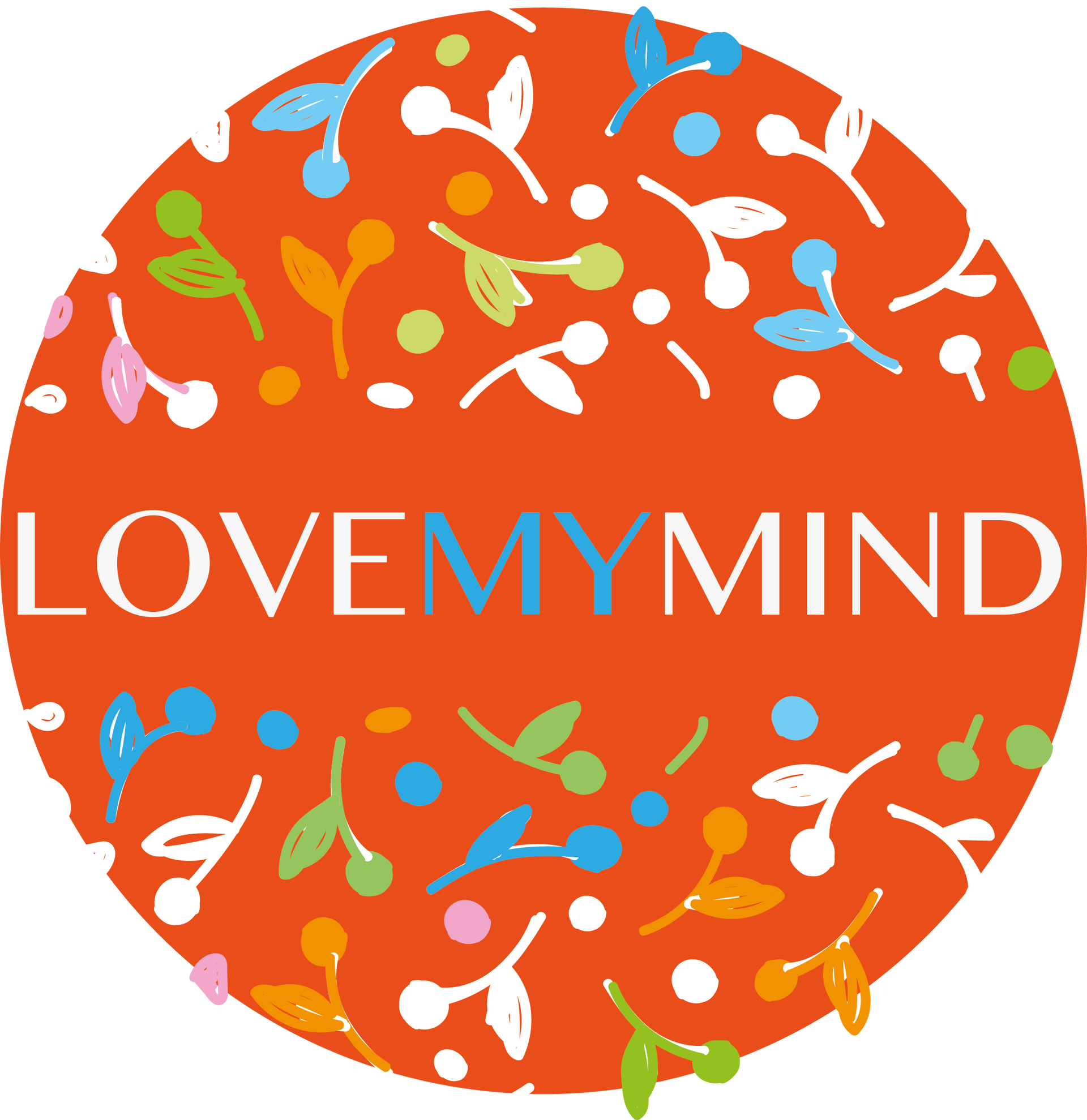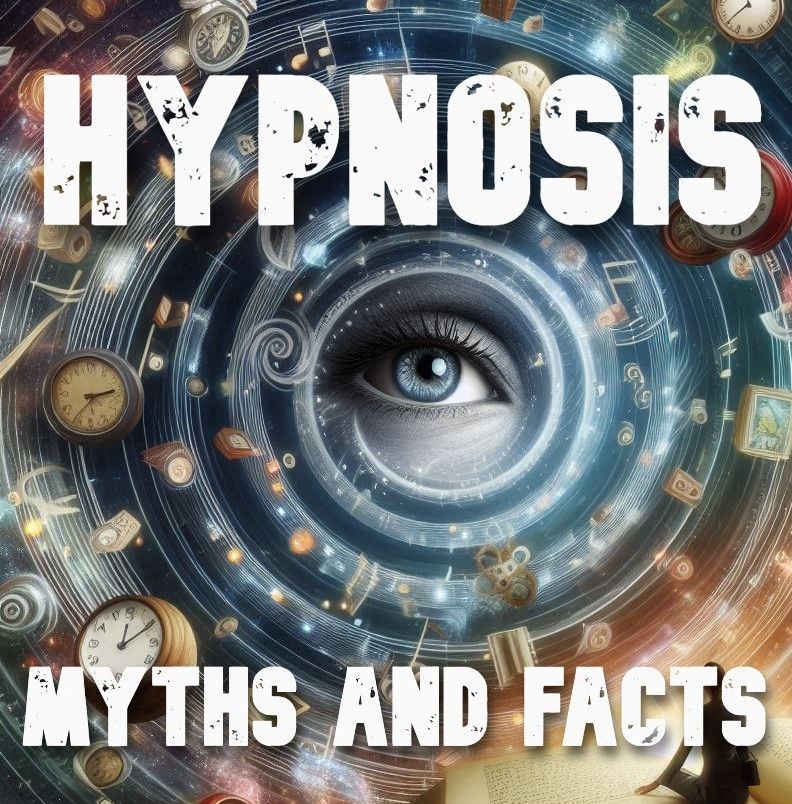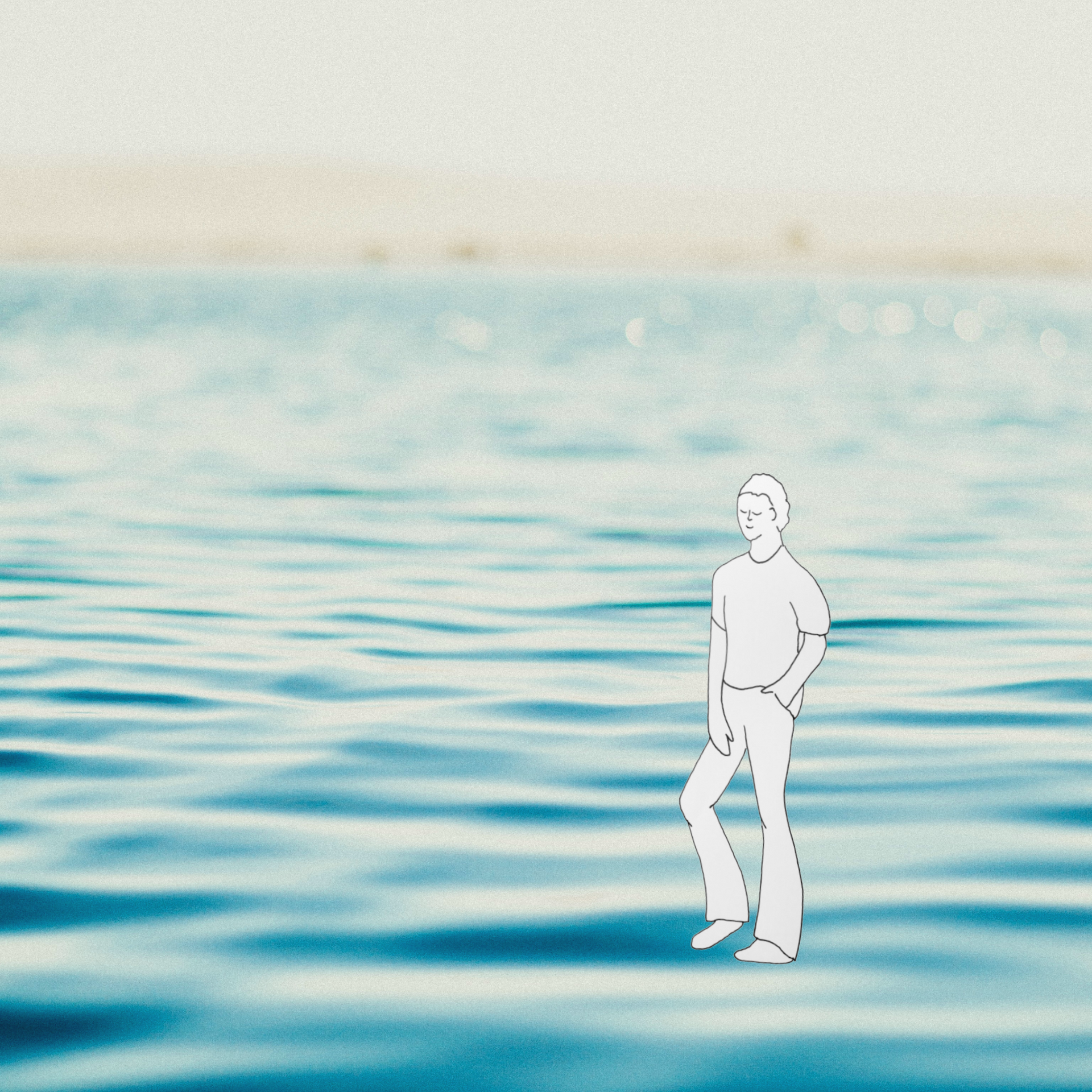The easy solution for successful weight loss
Why is dieting so hard?

Why is dieting so painful and tricky? And sometimes seems to do nothing? Can you starve yourself for days and see no results apart from feeling tired and awful, whereas others in the slimming groups seem to drop weight without even trying? Is it because we are doing it wrong? Or that we are broken in some way? Are you destined to be overweight forever?
No, I promise you're not!
It is easy to lose weight when you learn some simple tricks and understand the science behind the fat.
When we put on weight, we are generally creating visceral fat, which stores around organs. This is very dangerous to our bodies as it adds strain to our vital parts. The visceral fat is made up of cells that produce hormones such as estrogen, leptin and cortisol.
Estrogen is the hormone that women create for fertility, and it is the hormone we decrease when we approach the menopause, this is why often we find it hard to lose weight when we get to a certain age.- Leptins are the hormones that make us feel full. Unfortunately, if we have more fats cells, we produce more leptin, therefore need to eat more food to feel full- most unfair!!
- Cortisol is the stress hormone! The more fat we have, the more stress hormones we have! Cortisol works as a high energy “protector” to get us through tricky moments in our lives, like moving house, getting through a deadline etc. It encourages us to feel hunger (especially for high carb/ fat/ sugary foods) so it can run at high energy to get through the mission. Cortisol is designed to help us through short bursts of stress and needs to burn calories fast, however if the stress is still ongoing, the cortisol will be confused, and instead of burning calories, will store them! We will feel exhausted, more stressed and won't lose any weight.
Stress is often described as being negative, but this is not exactly true. We all need a bit of stress in our lives to incentivise us to get out of bed, feed and clothe ourselves, go to work, look after our families etc. There are 2 types of stress; challenge stress and threat stress.
Challenge stress is the healthy useful kind, the gentle push towards our goals, the kind that makes us say “that's gonna be tricky, but I can do it”. This type of stress controls the amount of cortisol running through our bodies and allows us to feel in charge of our lives.- Threat stress is the kind we don’t want! When we feel life is getting on top of us, out of our comfort zone and that things are slipping out of our control we are producing loads of cortisol which encourages us to comfort eat. We will feel tired, negative and hungry.
We can control our stress by using positive mind techniques. Mindfulness, meditation, gratitude diaries can all help us to focus on the positive things in our lives. Concentrating on POSITIVE thoughts, POSITIVE actions and POSITIVE interactions create happy hormones and reduce fat building stress hormones.
Using solution focused hypnotherapy, I can help you to learn how to lose weight without trying! We can challenge inbuilt behaviours that have learnt to rely on food as a way to feel good, and understand that we have the ability to:
Choose the way we eat- Choose what we eat
And...
- Look at why we eat, often we have formed unhelpful eating patterns due to previous emotional issues surrounding food.
True weight loss happens when we switch our bodies to burn calories, not to store them. This is why sometimes dieting doesn’t seem to work, and we can get dispondentant, disparaging and give up.
Being in charge of the stress you are under will aid all areas of your life, you will sleep better, feel great and be your true, best self, inside and out!
I am offering FREE initial consultations to explain more.


















